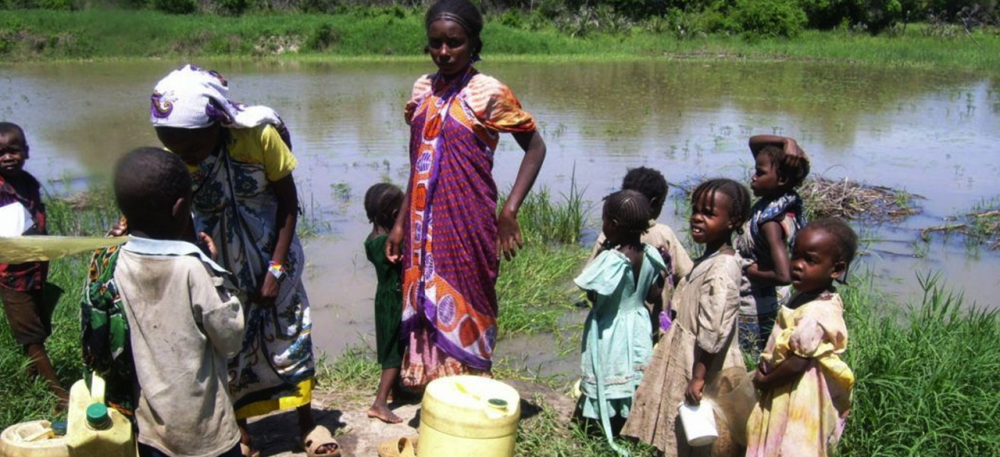Water and sanitation
Water is essential for life and good health. Fresh water is not only needed for drinking but also cooking, food production and a variety of other uses such as sanitation, hygiene and cleanliness practises.
Lack of sanitation can force people to defecate in the open, in rivers and near areas where children play. These habits result in 115 deaths every hour in Africa.
Bacteria, viruses, parasites and pollution contaminate freshwater stores resulting in water scarcity. Water scarcity is a major problem even in areas where there is plenty of rainfall. A lack of clean water increases the risk of diarrhoeal diseases as cholera, typhoid fever and dysentery, and other water-borne tropical diseases. Water scarcity can also lead to diseases such as trachoma (an eye infection that can lead to blindness), plague and typhus.
Water scarcity affects 1 in 3 people in Africa and is getting worse with population growth, urbanization and increases in household and industrial uses.
Water scarcity often encourages people to store water in their homes. This can increase the risk of household water contamination and provide breeding grounds for mosquitoes. Mosquitoes are carriers of dengue fever, malaria and other diseases.


